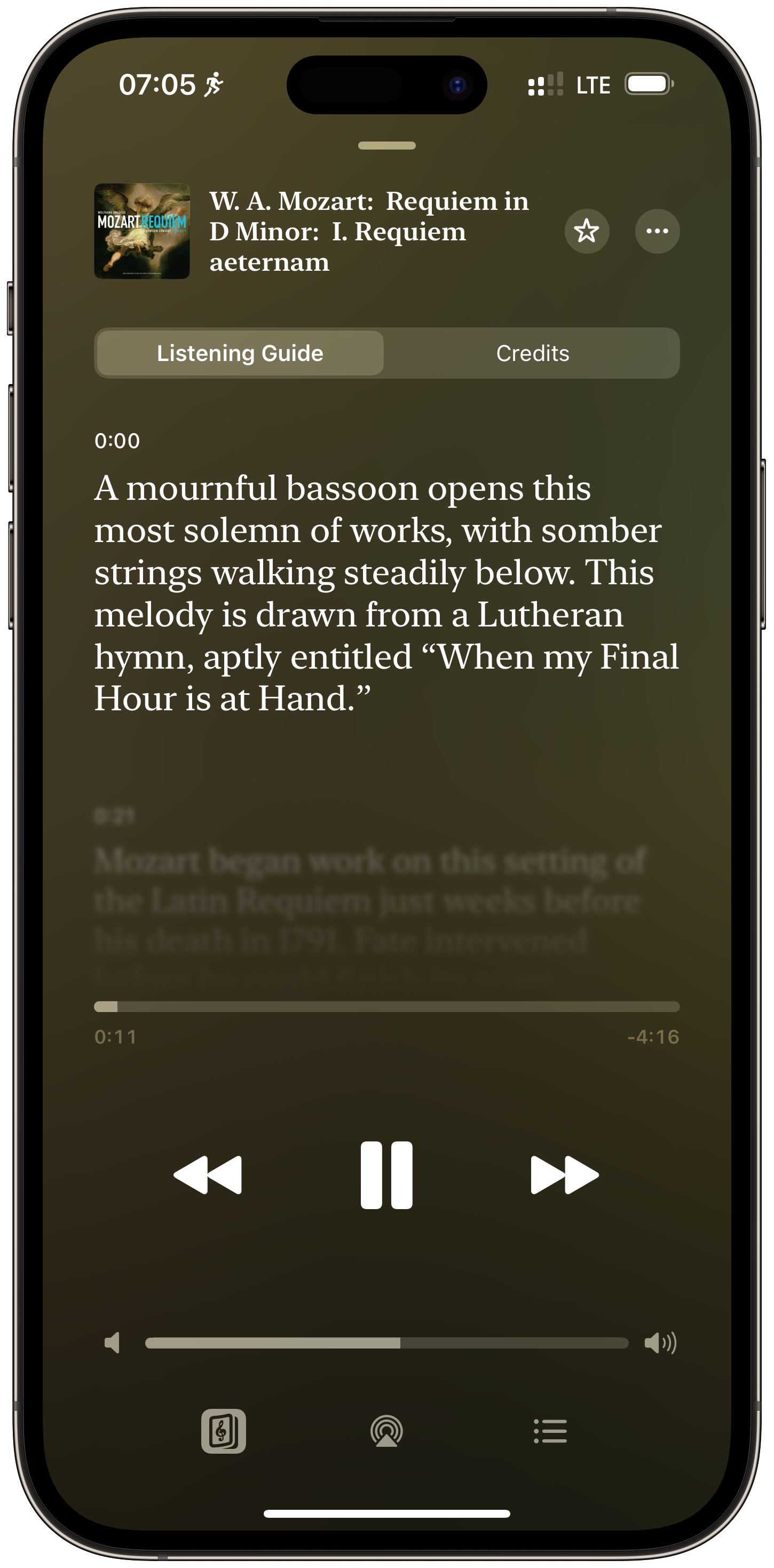In week 15 of the humanities crash course, we started making our way out of classical antiquity and into the Middle Ages. The reading for this week was Boethius’s The Consolation of Philosophy, a book perhaps second only to the Bible in influencing Medieval thinking. I used the beautiful edition from Standard Ebooks.
Readings
Boethius was a philosopher, senator, and Christian born shortly after the fall of the Western Roman Empire. After a long, fruitful, and respectable life, he fell out of favor with the Ostrogothic king Theodoric and was imprisoned and executed without a trial. He wrote The Consolation while awaiting execution.
Boethius imagines being visited in prison by a mysterious woman, Lady Philosophy, who helps him put his situation in perspective. He bemoans his luck. Lady Philosophy explains that he can’t expect to have good fortune without bad fortune. She evokes the popular image of the Wheel of Fortune, whose turns sometimes bring benefits and sometimes curses.
She argues that rather than focusing on fortune, Boethius should focus on the highest good: happiness. She identifies true happiness with God, who transcends worldly goods and standards. They then discuss free will — does it exist? Lady Philosophy argues that it does and that it doesn’t conflict with God’s eternal knowledge since God exists outside of time.
And how does one square God’s goodness with the presence of evil in the world? Lady Philosophy redefines power and punishment, arguing that the wicked are punished by their evil deeds: what may seem to us like a blessing may actually be a curse. God transcends human categories, including being in time. We can’t know God’s mind with our limited capabilities — an answer that echos the Book of Job.
Audiovisual
Music: classical works related to death: Schubert’s String Quartet No. 14 and Mozart’s Requiem. I hadn’t heard the Schubert quartet before; reading about it before listening helped me contextualize the music.
I first heard Mozart’s Requiem in one of my favorite movies, Miloš Forman’s AMADEUS. It’s long been one of my favorite pieces of classical music.
A fascinating discovery: while re-visiting this piece in Apple’s Classical Music app, I learned that the app presents in-line annotations for some popular pieces as the music plays. Listening while reading these notes helped me understand this work better. It’s a great example of how digital media can aid understandability.

Art: Hieronymus Bosch, Albrecht Dürer, and Pieter Bruegel the Elder. I knew all three’s work, but was more familiar with Bosch and Dürer than with Bruegel. These videos helped:
Cinema: among films possibly related to Boethius, Perplexity recommended Fred Zinnemann’s A MAN OF ALL SEASONS (1966), which won six Academy Awards including best picture. It’s a biopic of Sir Thomas More (1478—1535). While well-shot, scripted, and acted I found it uneven — but relevant.
Reflections
I can see why Perplexity would suggest pairing this movie with this week’s reading. Both Boethius and More were upstanding and influential members of society unfairly imprisoned and executed for crossing their despotic rulers. (Theodoric and Henry VIII, respectively.)
The Consolation of Philosophy had parallels with the Book of Job: both grapple with God’s agency in a world where evil exists. Job’s answer is that we’re incapable of comprehending the mind of God. Boethius refines the argument by proposing that God exists outside of time entirely, viewing all events in a single, eternal act of knowing.
While less philosophically abstract, the movie casts these themes in more urgent light. More’s crime is being principled and refusing to allow pressure from an authoritarian regime to compromise his integrity. At one point, he says
I believe, when statesmen forsake their own private conscience for the sake of their public duties… they lead their country by a short route to chaos.
Would that more people in leadership today had More’s integrity.
That said, learning about the film’s historical context makes me think it paints him as more saintly than he likely was. Still, it offers a powerful portrayal of a man willing to pay the ultimate price for staying true to his beliefs.
Notes on Note-taking
ChatGPT failed me for the first time in the course. As I’ve done throughout, I asked the LLM for summaries and explanations as I read. I soon realized ChatGPT was giving me information for a different chapter than the one I was reading.
The problem was with the book’s structure. The Consolation is divided into five books; each includes a prose chapter followed by a verse poem. ChatGPT was likely trained on a version that numbered these sections differently than the one I was reading.
It took considerable back and forth to get the LLM on track. At least it suggested useful steps to do so. Specifically, it asked me to copy the beginning sentence of each chapter so it could orient itself. After three or so chapters of this, it started providing accurate responses.
The lesson: as good as LLMs are, we can’t take their responses at face value. In a context like this — i.e., using it to learn about books I’m reading — it helps keep me on my toes, which helps me retain more of what I’m reading. But I’m wary of using AI for subjects where I have less competency. (E.g., medical advice.)
Also new this week: I’ve started capturing Obsidian notes for the movies I’m watching. I created a new template based on the one I use for literature notes, replacing the metadata fields for the author and publisher with director and studio respectively.
Up Next
Gioia recommends Sun Tzu and Lao Tzu. I’ve read both a couple of times; I’ll only revisit The Art of War at this time. (I read Ursula Le Guin’s translation of the Tao Te Ching last year, so I’ll skip it to make space for other stuff.)
Again, there’s a YouTube playlist for the videos I’m sharing here. I’m also sharing these posts via Substack if you’d like to subscribe and comment. See you next week!